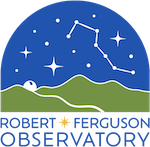Have you ever wondered what’s really out there in the night sky? Wished you could zoom in on cosmic marvels? What if you had a handful of astronomers at your elbow, showing the way, answering your questions in plain language?
That’s a Focus Night at the Robert Ferguson Observatory!
What:
We limit these family-friendly events to 40 people so attendees get plenty of scope time, have a chance to ask questions and talk to our experienced docents, and learn about the astronomical object that is the focus of the event. We purposely schedule Focus Nights when the astronomical object we are targeting is close and visible in the night sky. Themes can vary and have included Saturn, Mars, Jupiter, the Moon, Venus, the Perseids meteor shower, the Lyrid meteor shower, and more.
The program starts with a presentation to learn about the different features of the astronomical object being focused on and how to best view them through the telescopes (if applicable). After the detailed presentation it is off to the telescopes to view the object(s) for a deeper exploration, as well as other interesting objects, time and weather permitting. Observing will be done with RFO’s three main telescopes – an 8″ refractor, a 40″ reflector, and an RC20 20″ CCD telescope. As always, the observatory will be staffed by knowledgeable and enthusiastic volunteers eager to show you the night sights, and answer any questions you may have.
Poor weather does not cancel these events, but participants are welcome to come back for a star party for free if weather precludes them from viewing through the telescopes the night of the Focus Night.
Where:
At The Robert Ferguson Observatory (map). Park in the gravel area near the horse corrals just outside the gate to the Group Camp/Observatory site. You do not need to pay the park day use fee to attend the class.
When:
Classes are listed on our events calendar and tickets may be purchased at rfo.simpletix.com.
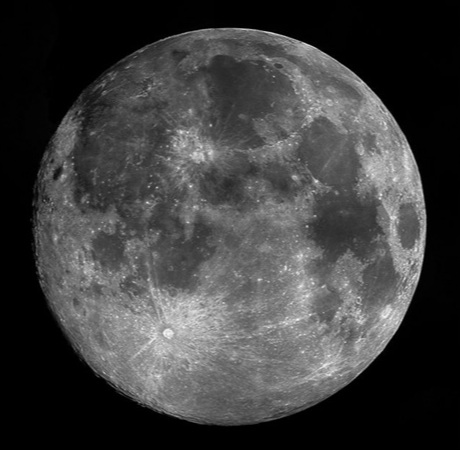
Lunar Eclipse Focus Night
March 2, 2026 from 7:00-9:00 PM
Join us for a special evening at the observatory as we explore one of the most mesmerizing celestial events—a lunar eclipse! This Focus Night will feature an engaging presentation about the upcoming eclipse, including what causes it, what to look for, and how to view it safely and enjoyably.
Please note: The actual lunar eclipse will take place several hours later, in the early morning hours, so this event is designed to prepare and excite you for what you’ll see later that night. While we won’t observe the eclipse live during the program, you’ll leave with everything you need to appreciate it when it happens.
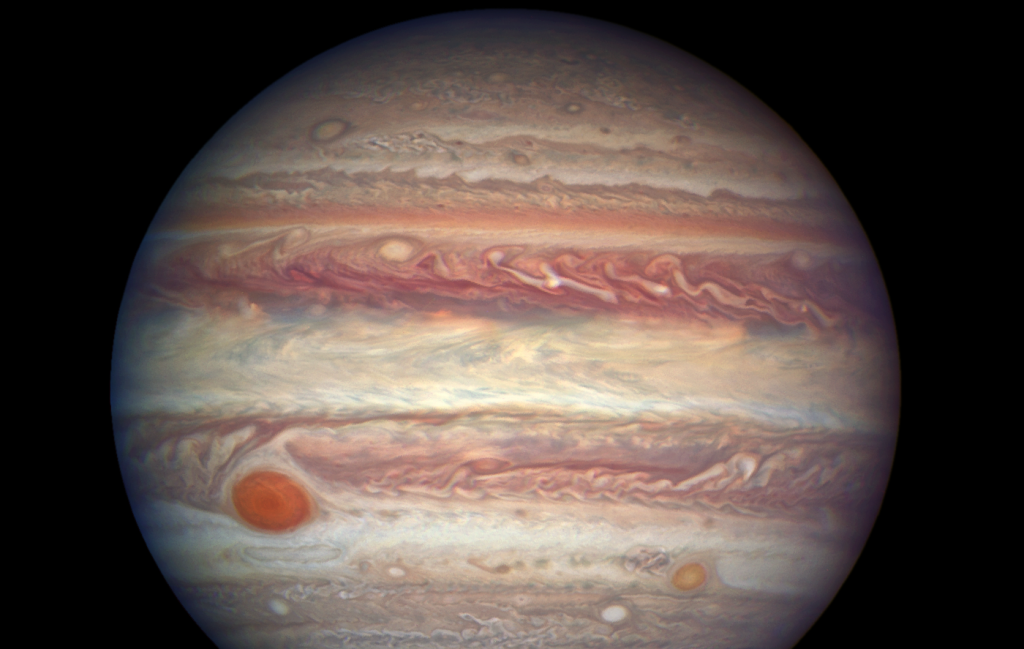
Jupiter Focus Night
March 6, 2026 7:00 PM – 9:00 PM
Jupiter Focus Night is a deep dive into the largest planet in our solar system. We’ll explore the science, history, and wonder of this gas giant, then turn our telescopes skyward to see Jupiter and its moons for ourselves.
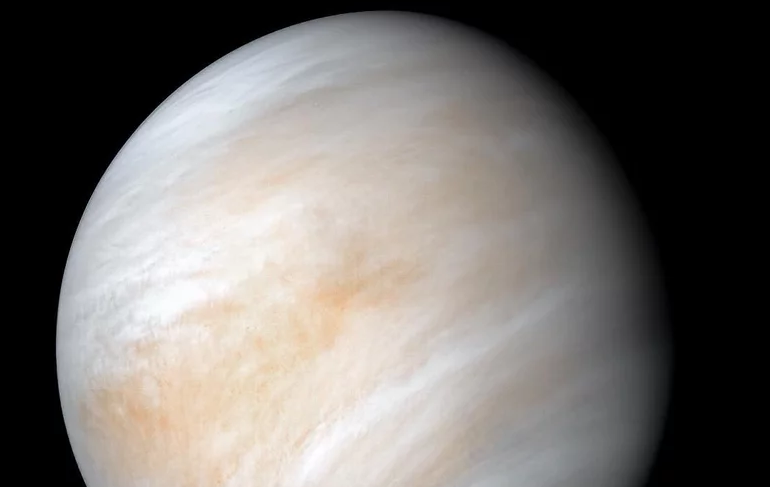
Venus Focus Night
June 5, 2026 8:00 PM – 10:30 PM
The Venus Focus Night takes you up close with our nearest planetary neighbor and one of the brightest objects in the sky. Discover the science, stories, and surprises of this dazzling world—then observe Venus through our telescopes as it shines in our Sonoma County skies.
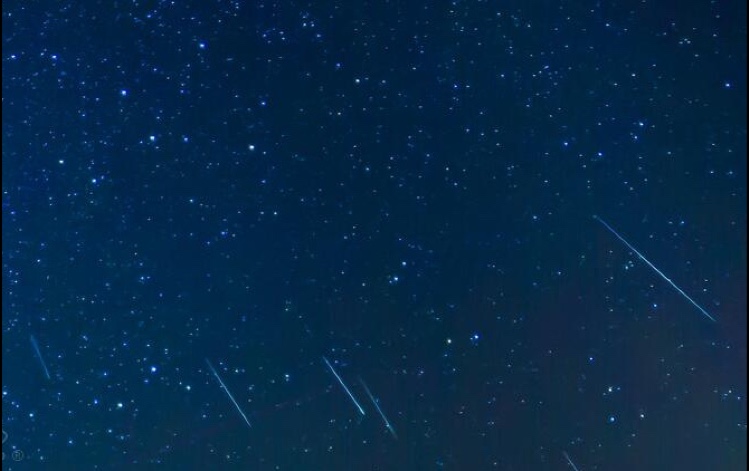
Perseids Focus Night
August 8, 2026 8:300 PM – 10:30 PM
The Perseids Focus Night is intended to prepare you for a Perseids “peak” experience. You will learn about different kinds of meteor showers, why most are best viewed after midnight, and how to understand what you’re seeing as the densest Perseid activity approaches over the following week.
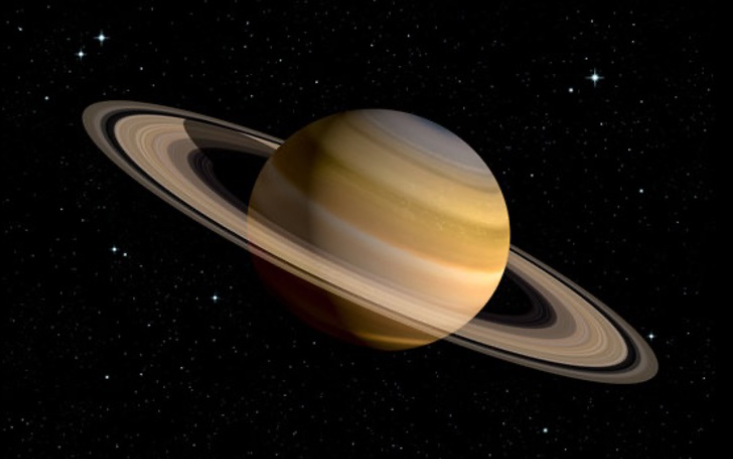
Saturn Focus Night
December 5, 2026 from 6:30-9:30 PM
SATURN… a world that continues to dazzle and mystify. This iconic planet, sixth from the Sun, is home to over 140 moons. Even more spectacular is its woven array of sparkling rings. But did you know that Saturn’s rings are disappearing? Come learn about this fascinating planetary system, and discover our autumn sky.
